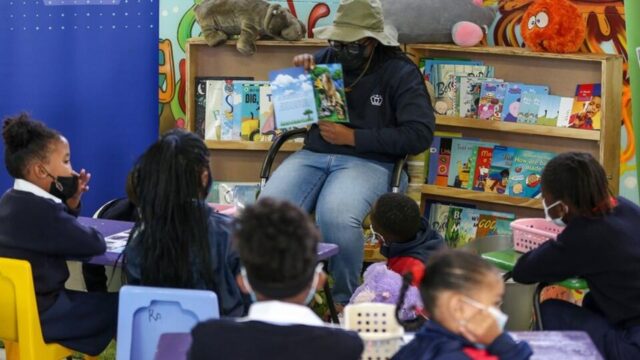A shocking finding in the latest Progress in International Reading Literacy Study report has revealed that 81% of Grade 4 pupils in South Africa can’t read for meaning.
THE LATEST Progress in International Reading Literacy Study (PIRLS) report has shown that 81% of Grade 4 pupils in South Africa can’t read for meaning.
This is an increase from the previous 78% from 2016.
The findings were released by the Department of Basic Education on Tuesday.
The tests are set by the International Association for the Evaluation of Educational Achievement (IEA) and are implemented in South Africa by the Centre for Evaluation and Assessment (CEA) at the University of Pretoria.
A total of 12,426 Grade 4 children were tested between August and November 2021.
“The northern rural provinces experienced the largest declines in reading with coastal provinces experiencing the smallest declines. Four provinces experienced declines of more than a full year of learning between 2016 and 2021,” read the report.
According to the report, English and Afrikaans schools did not experience a decline between 2016 and 2021 as compared to most African language schools which showed a decline.
Addressing the national seminar on reading literacy, Minister of Basic Education Angie Motshekga said the results showed a “disappointingly low performance”, contrasting with previous participation in other international assessments like Trends in International Mathematics and Science Study (TIMSS) and Southern and Eastern Africa Consortium for Monitoring Educational Quality (SEACMEQ) which showed that “we were system on the rise” before the impact of Covid-19.
“We must not be discouraged but rather have confidence in our efforts to surpass current limitations and raise the skills of African children, despite the challenges posed by limited resources,” Motshekga said.
“Although our performance remains low, South Africa has shown remarkable improvements in TIMSS, PIRLS, and SACMEQ compared to other countries worldwide.”








